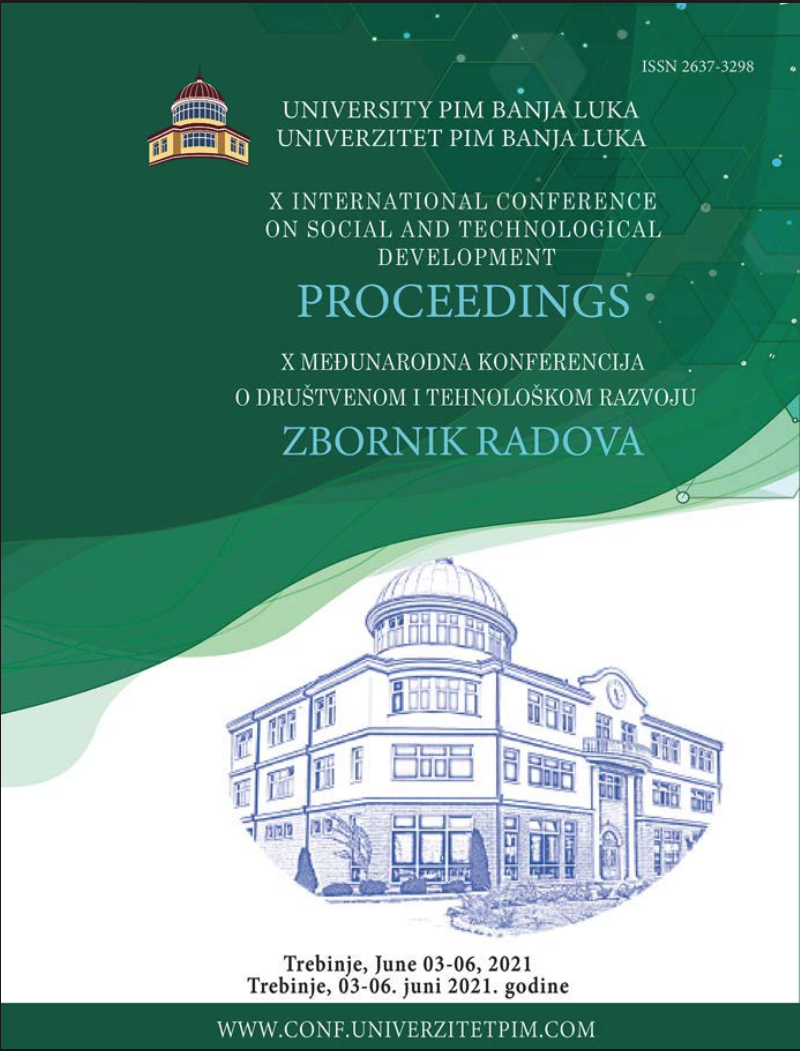
This is an open access article distributed under the Creative Commons Attribution License which permits unrestricted use, distribution, and reproduction in any medium, provided the original work is properly cited.
Faculty of Management Herceg Novi, University Adriatic , Herceg Novi , Montenegro
Fakultet za projektni menadžment, University Educons , Belgrade , Serbia
Crises are both unplanned and unwanted, but, in present times, also expected events in lifespans of each organization and economic branch. Global COVID-19 pandemic has proved that tourism is one of most sensitive economic branches to crisis. The aftermaths of the pandemic were experienced, more or less, in almost all countries, especially those like Montenegro, whose economy is dominantly based on tourism. The focus of this paper are crisis management and marketing in tourism which should answer to challenges brought by crises, save strategic potentials of a success and ensure long-lasting sustainability. A crisis demands fast and adequate responses in order to control factors that caused it, prepare and initiate actions with the goal to avoid detrimental consequences, or to reduce them to the smallest possible extent. It means that managers in tourism have to proactively act, critically reconsider existing strategies and organizational models, and change its touristic offer according to the market conditions, its buyers’ needs and other external factors.
The statements, opinions and data contained in the journal are solely those of the individual authors and contributors and not of the publisher and the editor(s). We stay neutral with regard to jurisdictional claims in published maps and institutional affiliations.